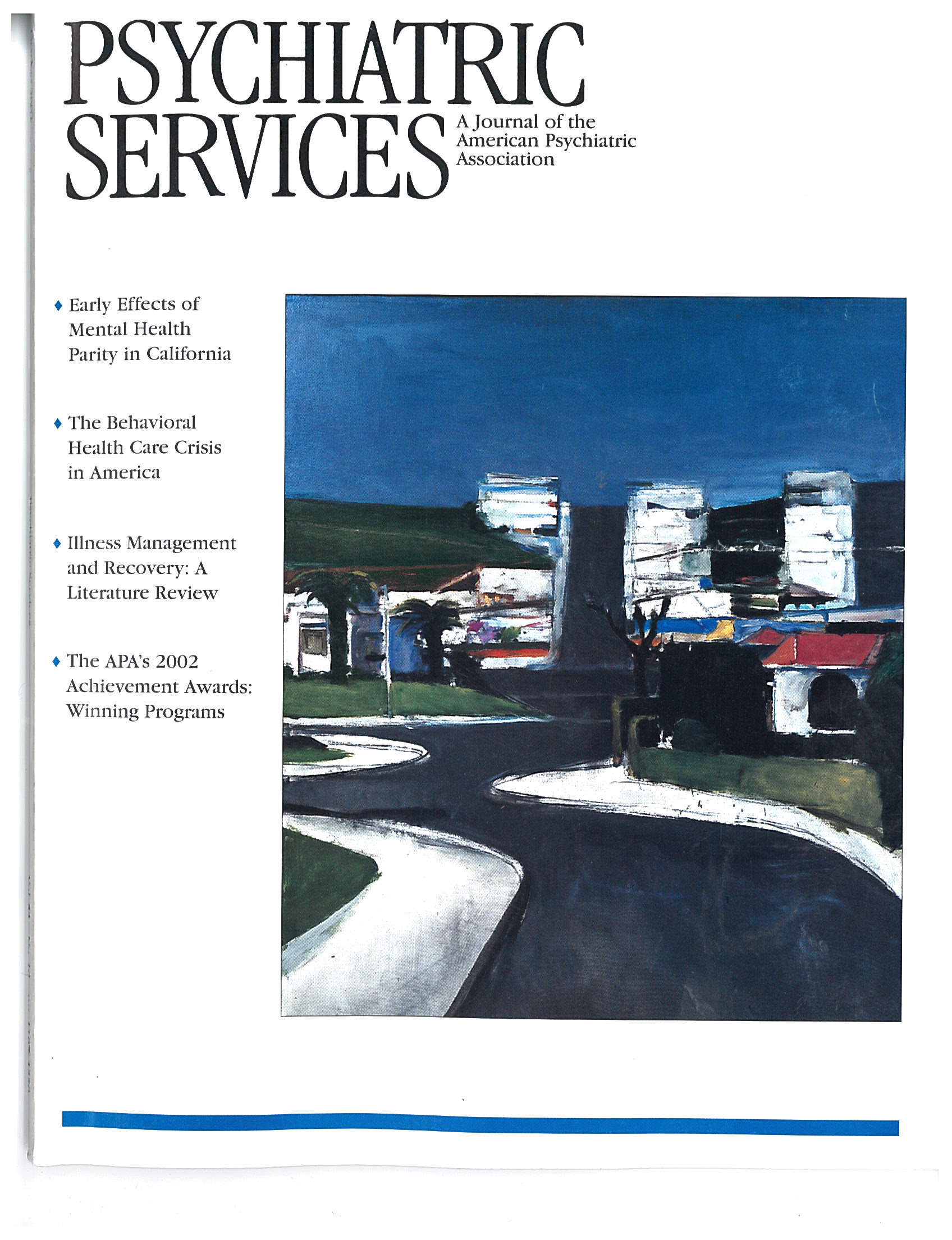Of Spirits and Madness: An American Psychiatrist in Africa
With Of Spirits and Madness, Dr. Linde has written a provocative and compelling account of his year as a psychiatrist at the psychiatric unit of Harare Central Hospital in Zimbabwe. He provides glimpses into the experiences of individuals with mental illness in a country that has limited resources and into the successes and failures of a U.S.-trained psychiatrist in a country with only ten psychiatrists per ten million people.
The book focuses on 11 patients with illnesses ranging from schizophrenia to posttraumatic stress disorder and depression to AIDS dementia, cerebral malaria, and marijuana-induced psychosis. By using cases to organize the discussion, Linde is able to reveal the tensions between the views of a psychiatrist, a profita or religious healer, and a n'anga or traditional healer. The author struggles in a world in which the parents of a woman with psychotic postpartum depression view her condition as a bewitchment, her minister husband views it as a satanic possession, and her psychiatrist views it as a tragic confluence of biological and psychological factors. Readers share in the author's frustration as well as his fortune in receiving an invitation into the patient's world.
Linde struggled throughout his year in Harare as his hopes for an adventure became mired in exhaustion, a feeling of impotence, and a sense of separateness that comes from being a cultural outsider. One theme of the book is the author's own turmoil over his commitment to psychiatry, a commitment at times reinforced and at times diminished by the course of his work in Harare. As he writes the book, Linde finds encouragement in letters from a former patient, Wonder, whom he had treated for a psychotic depression. Wonder recovered, attended college, worked a small farm, and wrote and published stories. He also maintained contact with Linde, unknowingly providing encouragement through his faith and resilience.
Of Spirits and Madness is intended for a general audience, and readers who do not have a background in mental health care will easily follow the discussion of clinical cases. Readers with training in mental health may find the discussions of psychiatric medications and side effects simplistic and tedious and want to skip them. Psychiatrists reading the book may find themselves overwhelmed at the thought of facing—as the author did—unrelenting psychosis and mood disorders while armed with a drug formulary of only chlorpromazine, trifluoperazine, amitriptyline, imipramine, and diazepam. The lack of psychotherapy services or formal milieu and rehabilitation programs is daunting. However, readers will find encouragement in the rehabilitative force of one's place in an extended family or community, an encouragement that often served as the author's only solace as he made small contributions to patients' care.For a psychiatrist working in a community setting whose patients come from diverse cultures and backgrounds, Of Spirits and Madness is a healthy reminder of the challenges we face as outsiders to another culture, the dangers of importing a technology that does not fit, and the privilege we have of entering someone else's world—especially if our patients' worlds are full of spirits and madness.
Dr. Stovall is medical director of outpatient services at Community Healthlink and assistant professor of psychiatry at the University of Massachusetts in Worcester.



